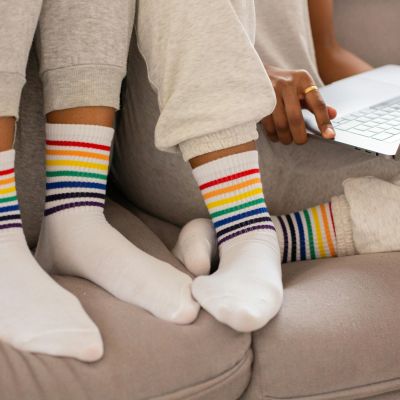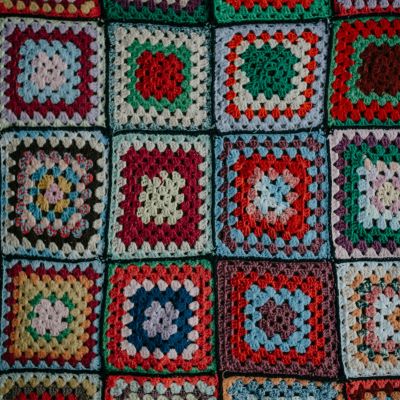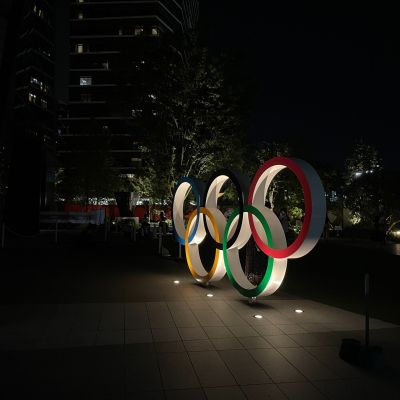gender identity
Adolescence manages to highlight the reality of growing up in a world with the Internet where everything – the good, the bad, the questionable – is only a touch away.
…what is there to misunderstand
about hands that take without asking,
about silence twisted into consent
by those who have never had to be afraid?
Here’s to some quiet time listening in to what people are saying, and consuming, on the Internet, particularly on social media, on the subject of gender and sexuality.
That little baby born in spring,
Shall “he” identify as Queer?
Regardless, Polaris feels queer!
मैं उन विभिन्न जिमों के बाथरूम में बिताए अपने अनुभवों को याद कर सकता हूँ। पुरुषों का बाथरूम एक अद्भुत जगह होता है यह देखने के लिए कि कैसे यौनिकता अपने अलग-अलग पहलुओं में ज़ाहिर होती है।
मेरे जेंडर के बारे में उनकी प्रतिकारिता हमारी बातचीत में हर जगह होती है, लेकिन वह मुझे यह भरोसा देने में भी देर नहीं लगातीं कि मेरी ग़ैर-विषमलैंगिकतावादी यौनिकता ने उन्हें कभी परेशान नहीं किया।
Cricket, football, hopscotch, whatever the game, we have all wanted to be included for the sheer joy not only of exercising body and mind but also of being part of a team, of being noticed and celebrated. Sports and athletics offer us a playground to explore and express parts of ourselves that may otherwise forever lie dormant.
When we are talking about the theme of embracing equity we can see sports as a neutral space that has the potential to be a space where everyone can connect, together, without language, and without the domination of any community over another.
The spotlight that the world’s biggest sporting event (arguably) has along with the inherent gender and sexuality bias in sport come together in how sportspersons and athletes are both perceived and perceive themselves in mainstream and social media.
Lack of women’s representation in policy-making institutions has allowed men, often with minimal understanding and empathy, to decide what women in sports can or cannot wear. As a result, these policies have ended up undermining women’s comfort as well as agency.
“Something about this pose brought about a sense of owning my body, my persona, my expression, my sensuality, my whole being. The drop of the hip made the bottom vertebrae curve, and appear out of alignment from the rest of my spine. A deviance, defiance of the normal straight stance. A resistance, a revolt of sorts.”
Khusro to Bullah. Ada to Parveen
यह, वह, वो
He, she, they
Lover or Beloved? Woman or Man?
A few days ago, in a telephonic conversation with my mother, I was made aware of the inadequacies of my…
We live in a world where resilience is celebrated and given priority over attempting to resolve factors that force one to be resilient. Campuses shouldn’t aim to merely be inclusive of diverse individuals – they must strive to not only affirm them but also celebrate them.














